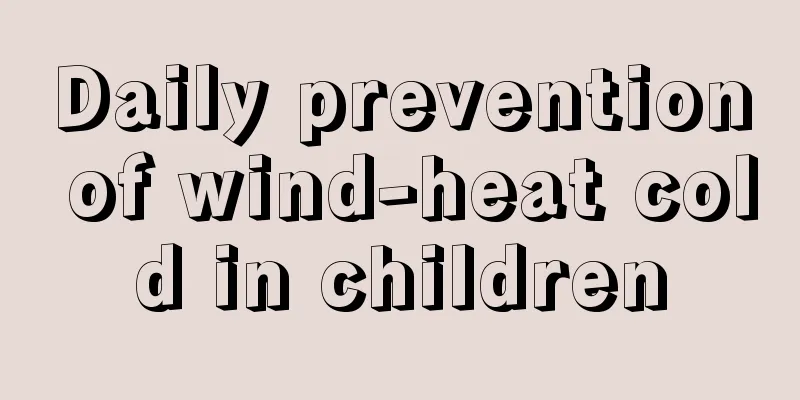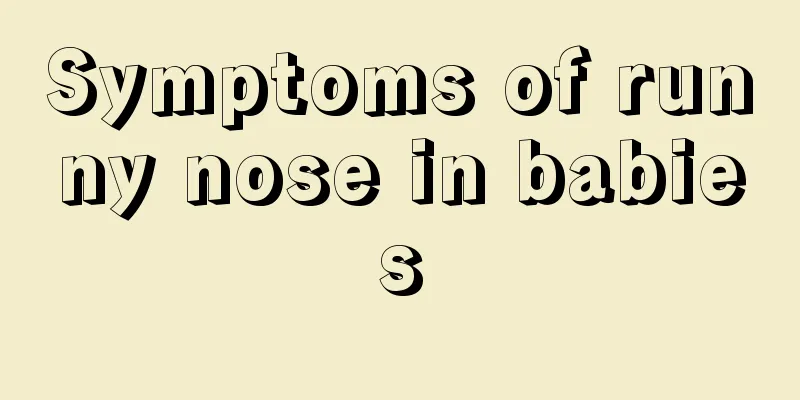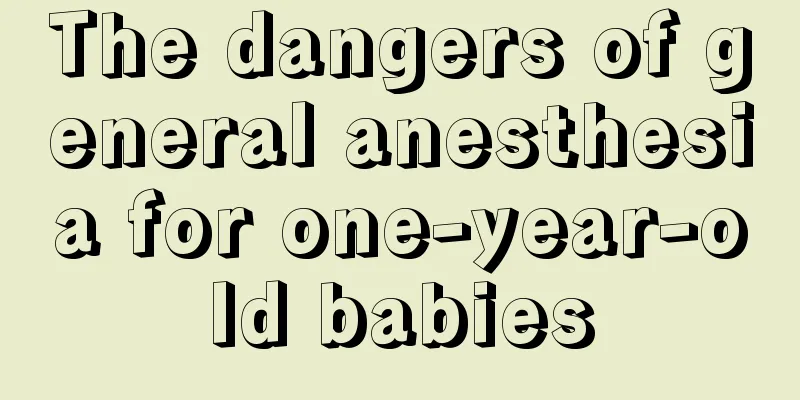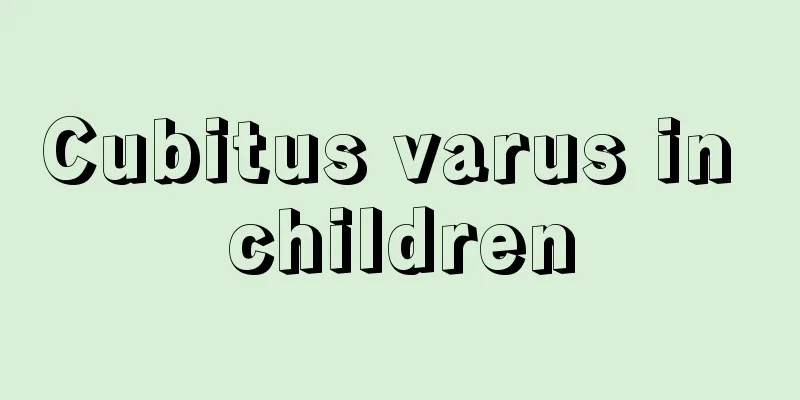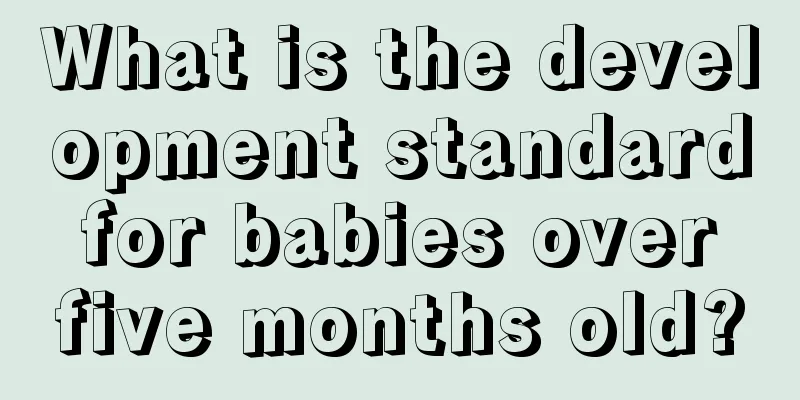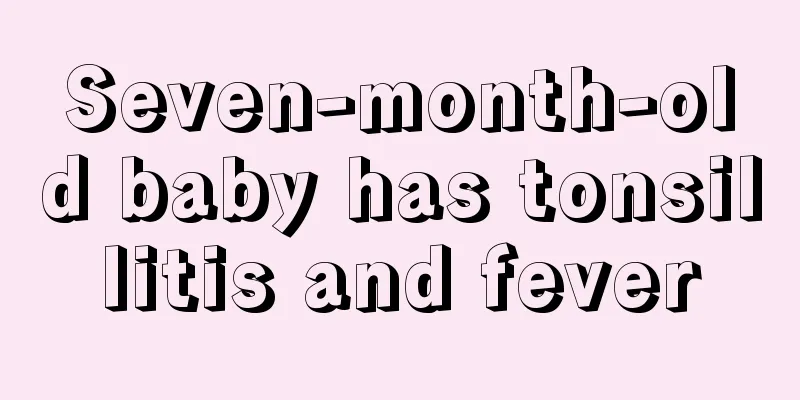When praising children, try to avoid using "you are awesome"

|
Key points: "Baby is great", this kind of praise is very familiar to parents. However, casual praise from parents may also bring negative effects, until one day, they find that their children have become afraid of failure and cannot withstand the slightest setback. There is a very appropriate metaphor about praising children - "Praise, like penicillin, should never be used casually because it may cause an allergic reaction." 1. Praise the specifics instead of the whole "Baby, you're great," this kind of praise is very familiar to parents. In the eyes of parents, every detail of their child’s growth is worthy of admiration and praise—the baby can laugh, the baby can turn over, the baby can jump, the baby can talk... It is in this constant surprise that parents have become accustomed to saying "Great!" "That's great!" to their children. However, casual praise from parents may also bring negative effects, until one day, they find that their children have become afraid of failure and cannot withstand the slightest setback. Therefore, avoid praising children in a general way. Targeted and specific praise will make it easier for them to understand and know what they should do and how to work hard in the future. 2. Praise hard work instead of intelligence"You are so smart!" - Another common comment made by parents. If parents define every progress of their children as "smart", the result will only be that their children will think that good grades are equal to intelligence. On the one hand, they will become "arrogant" rather than "confident", and on the other hand, they will avoid challenges because they do not want to produce results that are inconsistent with their intelligence. 3. Praise the facts instead of the personalityPhrases like "good baby" are typical "compliments on personality" and parents will say them unintentionally. But "good" is a very abstract concept. If a child is always labeled with such a big label, it will actually be a kind of pressure on him. If parents' praise is always "exaggerated", children will feel pressured and feel that they do not deserve such praise. What will they do? When you just finished praising them, they will do something that will give you a headache to show their "sincerity". Try praising your child like this● Helpful compliments: I like your card; it’s beautiful and funny. How the child feels: I have good taste and I can trust my choices. ●Helpful compliments: Thank you so much for washing the dishes today. (Child’s feeling): I am very responsible. Unhelpful praise: You do it better than everyone else. Descriptive sentences and the positive conclusions children draw from them are the cornerstones of mental health. |
<<: What causes neonatal dacryocystitis?
>>: In addition to physical cooling, you can also try this when your child has a fever
Recommend
What effects does general anesthesia have on children?
Children have relatively weak resistance. If a ch...
How to deal with perihilar inflammation in children?
Papillomavirus is an epitheliotropic virus that i...
Can a newborn baby be rocked?
When a newborn is crying, parents like to hold th...
Six-year-old child has white spots on his face
In people's eyes, perhaps a few white spots w...
The correct posture for feeding milk powder to newborns
Many female friends do not know the correct postu...
The child suddenly stopped talking
Many parents will find that their originally live...
What to do if your child has foam at the mouth
Children are in the process of growing up, and th...
What is Children's Happiness Cold and Flu?
Speaking of what Children's Happiness Cold an...
What is the reason for children's cross-eyes?
Cross-eye is an eye disease that often occurs in ...
How to treat a 5-year-old child losing teeth
It is actually normal for children to lose their ...
What are the causes of irregular heartbeat in children?
Children's body functions are in the process ...
What to do if a boy has precocious puberty
Precocious puberty is very common, and there are ...
What fruits should children eat when they have a cold or cough?
Colds can cause coughs, and prolonged coughing ca...
What is the reason for baby vomiting after eating?
Parents need to pay special attention to their ba...
Reasons why babies wake up suddenly and cry during sleep
Many parents find that their babies suddenly wake...
